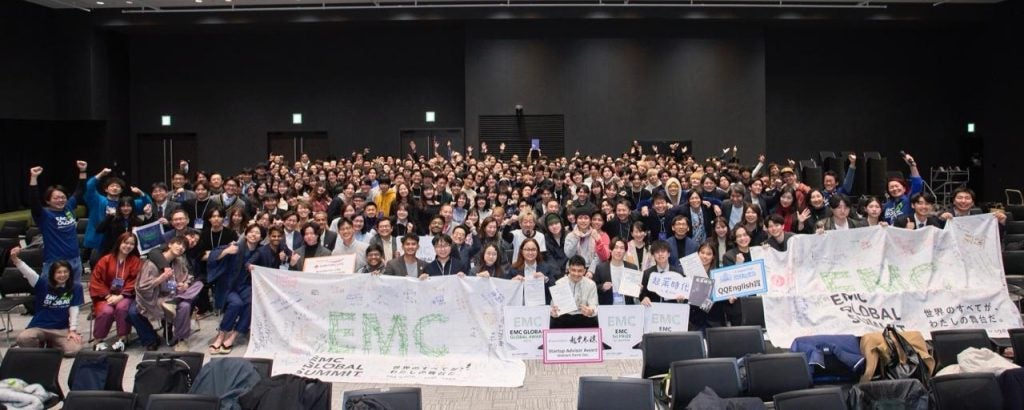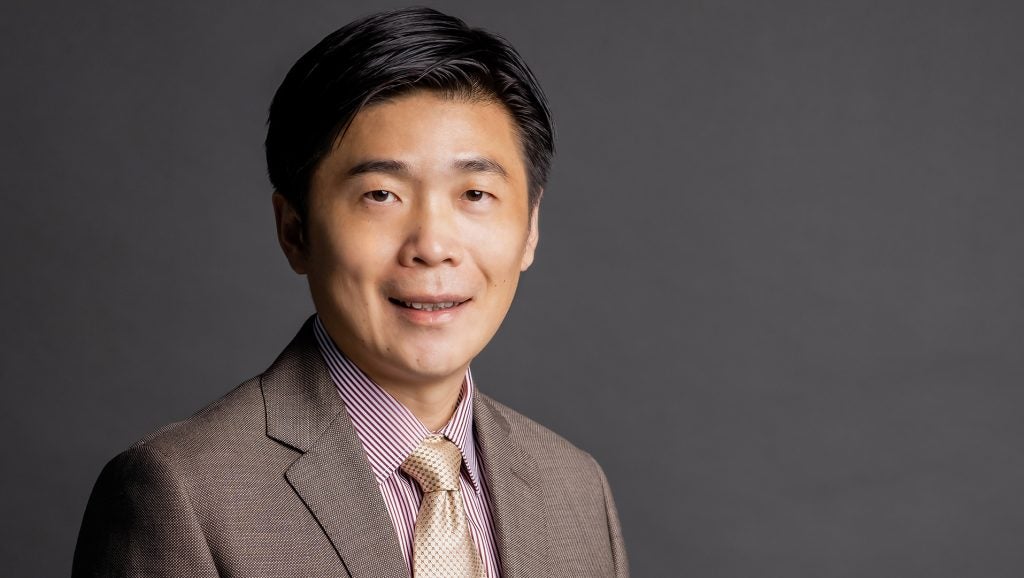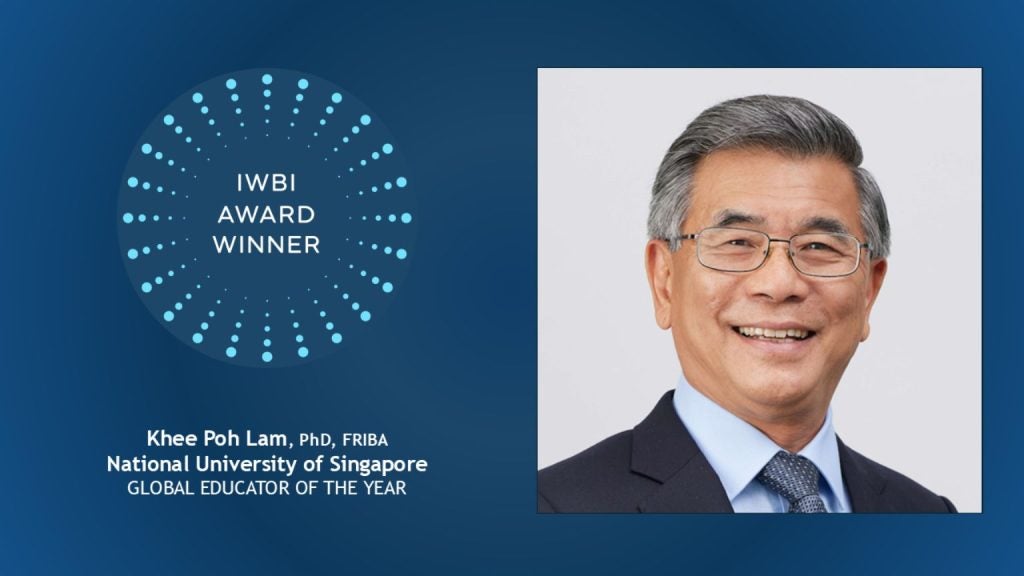
A NUS research team led by Associate Professor Gong Xiao (Department of Electrical and Computer Engineering) has achieved exceptional recognition at the 2025 Symposium on VLSI Technology and Circuits, held from 8–12 June 2025 in Kyoto, Japan.
The Symposium on VLSI Technology and Circuits is one of the world’s top forums for semiconductor innovation, drawing leading universities, research institutions, and global technology companies, including TSMC, Samsung, Intel, SK Hynix, and IMEC.
This year, Assoc Prof Gong’s group had seven papers accepted, which is the highest number among all academic institutions worldwide. The work spans breakthroughs in device physics, ferroelectric materials, and advanced 3D integration technologies.
Among the highlights:
- PhD student Liu Gan received the Best Student Paper Award (Technology) for his paper, Unveiling the Impact of AC PBTI on Hydrogen Formation in Oxide Semiconductor Transistors. His work provides critical insights into the role of hydrogen in oxide semiconductor FET degradation, with implications for the development of robust 3D ICs.
- PhD student Feng Yang won the Best Demonstration Paper Award for her interactive showcase titled Record-high Pr (2Pr > 40 μC/cm²) in 3 nm (Physical) Ferroelectric HZO Annealed at 450°C. Her demo received the highest number of votes from attendees for its technical clarity and engaging presentation.
- PhD students Wang Yuxuan and Xu Ying were each presented with a Best Student Paper Nomination Award, placing them among the top eight student papers. Their respective works — BEOL-Compatible ITO FET with Ultra-Short Channel Length of 5 nm and First Demonstration of BEOL-Compatible Co-Sputter Deposited Te₁₋ₓSeₓ p-FETs Enabling 3D Stackable Oxide Semiconductor CFET, DRAM, and First CFET-Structured SRAM highlight emerging device concepts for 3D stackable logic, memory and Static Random Access Memory.
“These achievements reflect the group’s leadership in Back End of Line (BEOL)-compatible technologies, oxide semiconductor transistors, and ferroelectric devices,” said Assoc Prof Gong. “We are proud to represent NUS at the forefront of global semiconductor research.”





